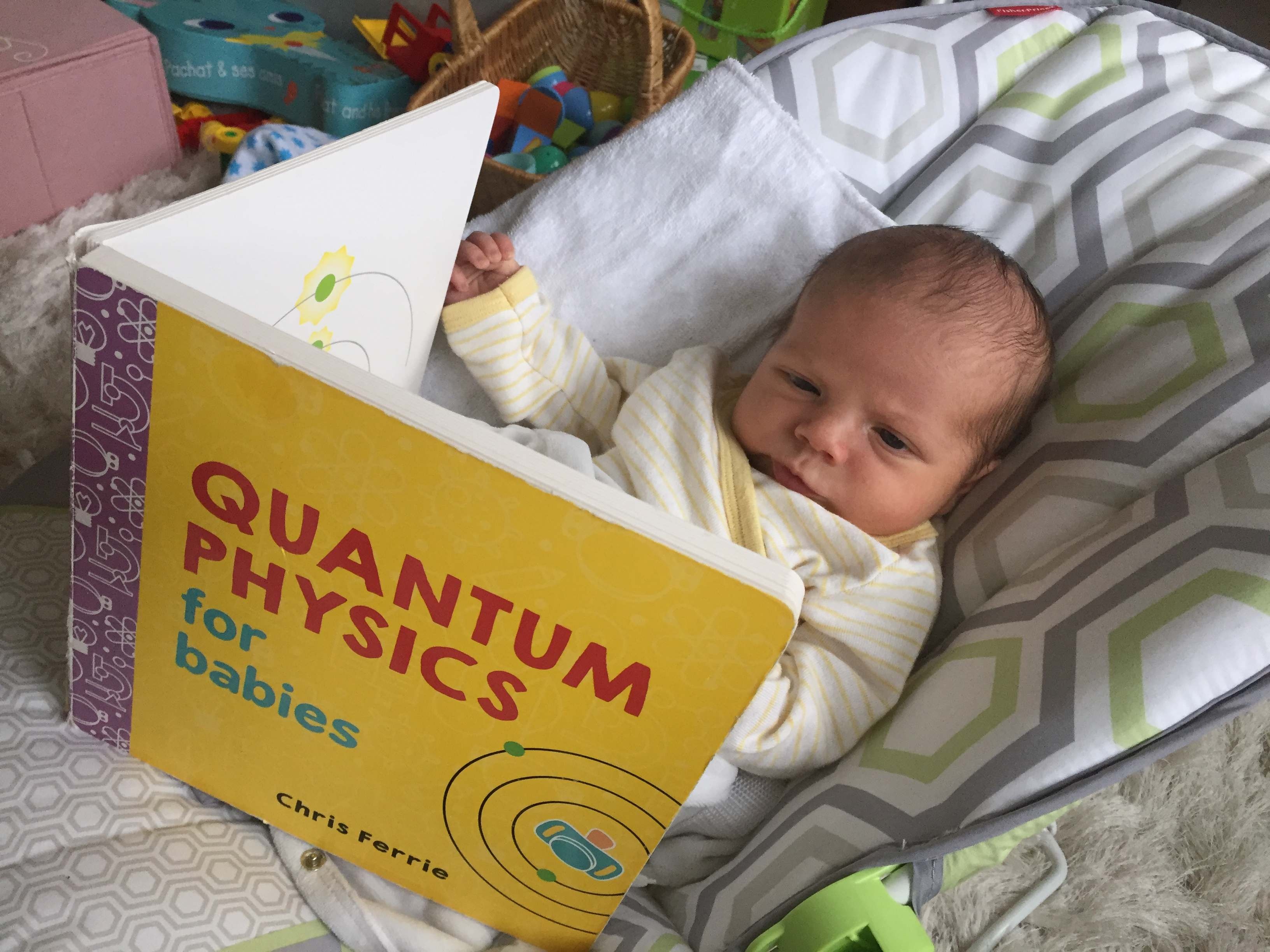Implicit in the Oral and Written Law is a world view of what makes people tick. But to get a full picture it is best to learn Rav Nahman of Breslov who makes the assumptions explicit.
One important point is that mental illness comes from sexual sin. And that there is a correction for that. The Tikun Klali. [Ten psalms 16,32,41, 42, 59,77.90.105,137,150]
See this person write on the problems with the modern approaches
psychotherapy is ridiculous.
In Torah there is a fall of man and of all creation. So it is not exactly that man is inherently evil but also not inherently good. What is possible to suggest is that there are new stages of consciousness that come into the world at certain periods-- but along with them come the forces of evil to stop the good.
At that makes sense if you see things like Hegel that the In God there is the Idea [Logos] which is the source of Being. So that is where the center of gravity is--in Logos. The Divine Reason brought down in Plotinus. But with Hegel it is an ongoing process.
One important point is that mental illness comes from sexual sin. And that there is a correction for that. The Tikun Klali. [Ten psalms 16,32,41, 42, 59,77.90.105,137,150]
See this person write on the problems with the modern approaches
psychotherapy is ridiculous.
In Torah there is a fall of man and of all creation. So it is not exactly that man is inherently evil but also not inherently good. What is possible to suggest is that there are new stages of consciousness that come into the world at certain periods-- but along with them come the forces of evil to stop the good.
At that makes sense if you see things like Hegel that the In God there is the Idea [Logos] which is the source of Being. So that is where the center of gravity is--in Logos. The Divine Reason brought down in Plotinus. But with Hegel it is an ongoing process.

